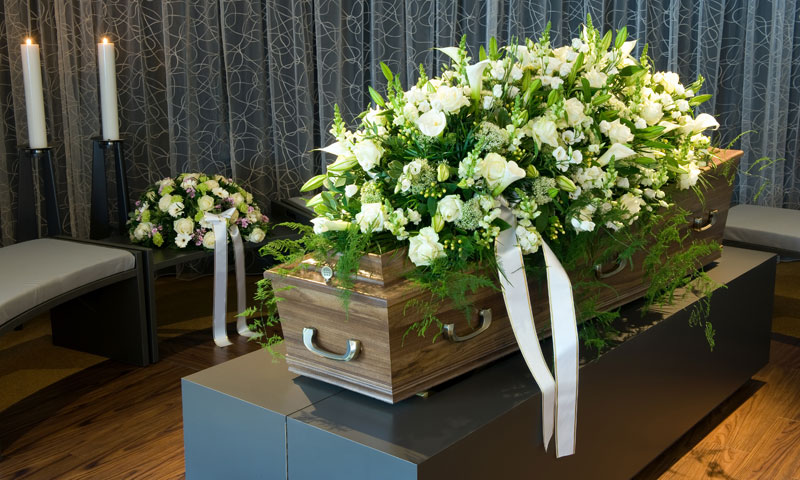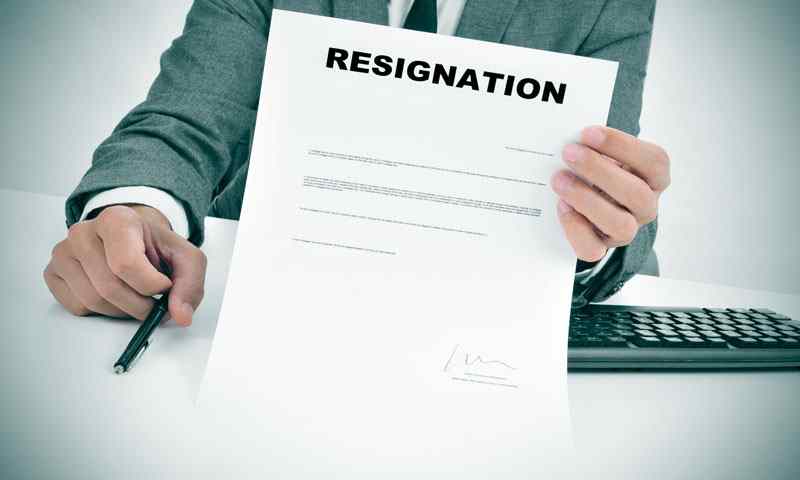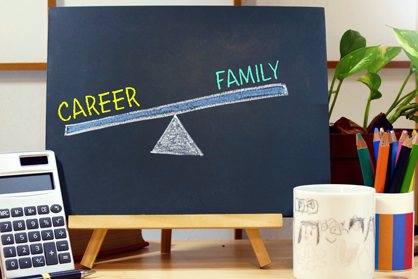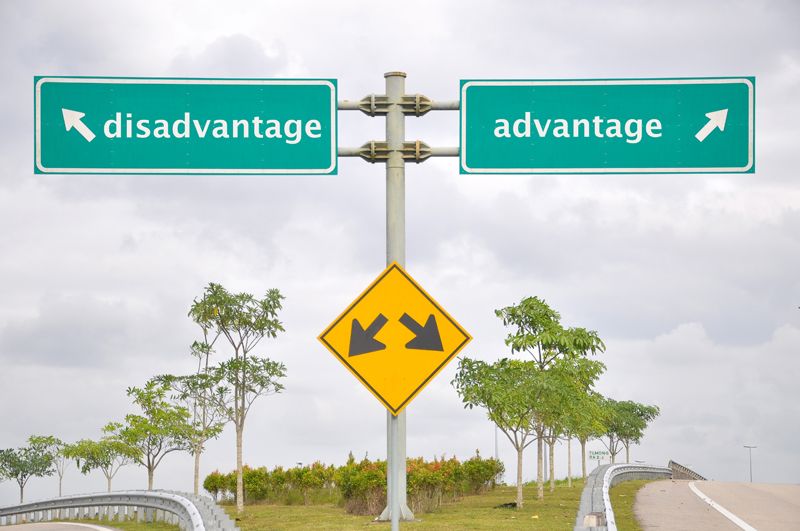Summary: Maryland Law and Baltimore Law are starting a joint incubator program for recent graduates to start their own law practice while serving low-income clients.
With $50,000 of aid from the Maryland State Bar Association, the University of Baltimore School of Law and the University of Maryland Francis King Carey School of Law are creating an incubator program for recent graduates. The program will help the graduates start their own solo practices that serve low-income clients. They hope to have the program going by November.
Dean of Maryland Law, Donald Tobin, believes the program is a great chance for graduates to gain valuable experience while giving legal aid to those people in the state that are in need. He also noted that the Special Committee on Law School Graduates for the bar has spent two years putting the program together.
Incubator programs have become a new thing that many law schools are creating. Boston College Law School, Northeastern University School of Law, and Boston University School of Law are planning a joint program that will start early next year. Their program is partially funded with a grant by the American Bar Association. The ABA says that there are over 30 other law schools that have incubator or similar legal residency programs.
The Baltimore schools will provide three graduates each that have passed the Maryland bar exam. They will spend 12 to 18 months working to get their practices running. The schools will select graduates that have a desire to be part of a solo or small firm and also have an entrepreneurial spirit.
The schools provide an office location equipped with telephones and equipment. The schools also cover malpractice insurance and bar dues. The graduates will have access to Westlaw, a free service to legal incubators. An attorney at Civil Justice Inc. will help graduates with weekly case reviews as well as connect low-income clients with the graduates. Other attorneys will help mentor them in areas such as law practice management and business development.
The graduates are required to take at least one pro bono case and donate ten percent of their billable hours to low-income clients.
Photo: wikipedia.org



































